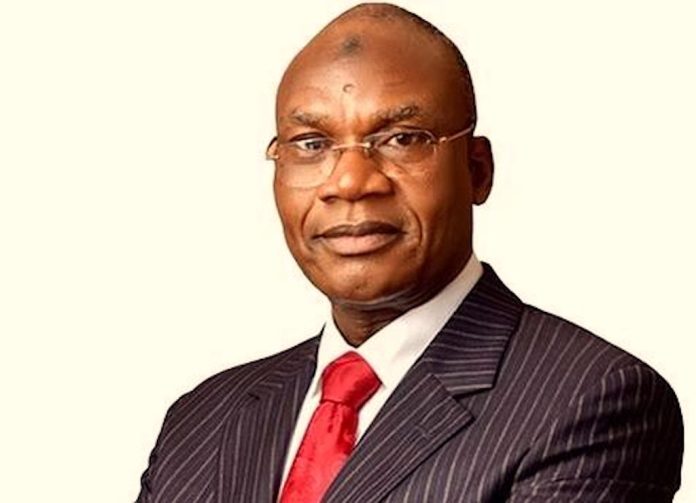FG Launches Investigations Into Private Universities Amid Fake Degrees Report
3 min read
The Federal Ministry of Education has established a committee to scrutinize private universities established in the past 15 years.
Minister of Education, Prof. Tahir Mamman, announced on Tuesday that the inquiry aims to assess the presence of required facilities, effective management structures, and sufficient funding of programs in the investigated private institutions.
He also noted that the inter-ministerial committee set up to look into the activities of illegal universities will also examine, “the veracity of the allegations of degree certificate racketeering within both foreign and local private universities in Nigeria.”
The minister said this during the inauguration of the inter-ministerial committee on degree mills in the country.
While listing the functions of the Committee, the minister said, “Review the role of any MDA or its officials (including identifying such officials) in facilitation of the recognition and procurement of the fake certificate in question;
READ ALSO: YPP Gives Tinubu 48-Hour Ultimatum To Suspend Tunji-Ojo Over Link With Betta Edu
“Review existing policies and procedures related to accreditation and certification to identify weaknesses contributing to the issue; examine the rules, procedures and processes for recognition and accreditation of foreign universities and programmes by the Federal Ministry of Education.
“Establish if unapproved foreign institutions (Degree Mills) exist or not in Nigeria in whatever form with their identities and locations if any;
“Make appropriate recommendations for review of any rules, procedures, processes to prevent re-occurrence and sanctions for identified erring officials;
“Make other recommendation that will strengthen the system of recognitions, accreditations and quality assurance of degrees in Nigeria.
“Examine the extant rules, procedures and processes for granting of provisional licenses to new universities by the National Universities Commission.
“Examine the procedures and processes for periodic accreditation of programmes in the universities by the NUC and examine their effectiveness in quality assurance of the programmes;
“Without prejudice to the periodic accreditation exercise of the NUC, examine whether or not Private Universities established in the last 15 years have in the place prescribed facilities, appropriate management structure, adequate funding of programmes, requisite staff (nature of staff-full time, contract, adjunct, visiting, other types).”
Recall that the activities of degree mills once again came to the center of discussions in Nigeria following an investigative report by a reporter, Umar Audu with the Daily Nigerian newspaper on the activities of degree mills in Benin Republic and Togo. The reporter revealed how he obtained a degree within six weeks and even proceeded to embark on mandatory youth service under the National Youth Service Corps scheme.
Audu, who reached out to the syndicate that specialises in selling degree certificates in December 2022, graduated in February 2023 and was issued a Bachelor of Science in Mass Communication certificate from the Ecole Superieure de Gestion et de Technologies, Cotonou, Benin Republic.
The report which exposed the illegalities perpetrated by some tertiary institutions in the West African states led to the Nigerian government placing a ban on the accreditation and evaluation of degrees from Benin Republic and Togo. The Minister of Education, Prof. Tahir Mamman would later go ahead to state that the Federal Government would further extend its searchlight to institutions in other African countries such as Ghana.
So far, no fewer than 10,900 Nigerian students studying in Beninois and Togolese universities are expected to be affected by the Nigerian government ban according to statistics provided by the National Association of Nigerian Students in Benin Republic and Togo.
Also, the National Universities Commission, the regulatory body of universities in Nigeria revealed that no fewer than 18 out of the 58 universities whose operations have been suspended in Nigeria are foreign-owned.





